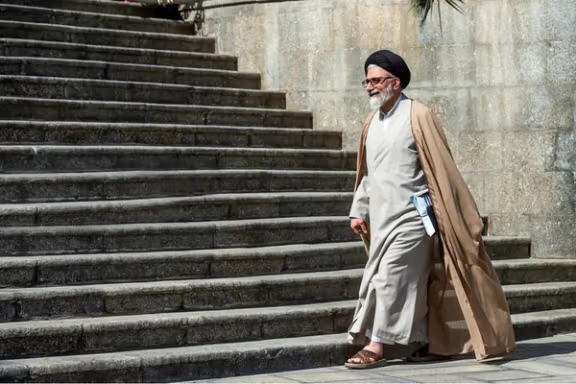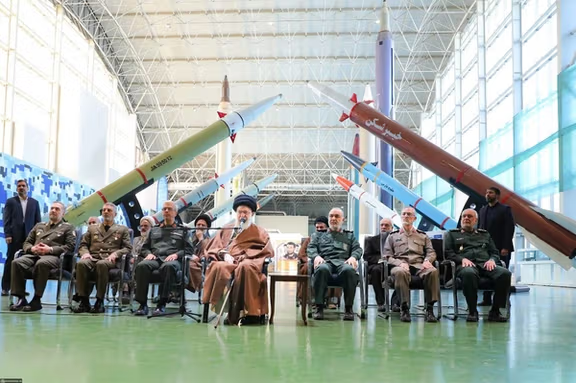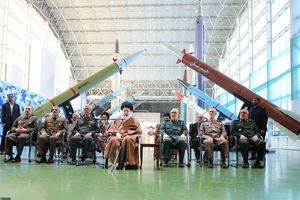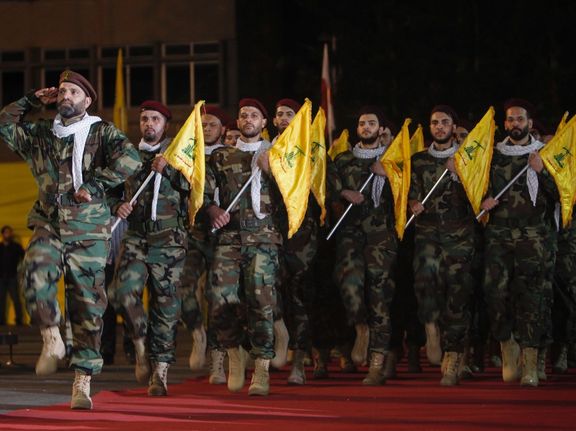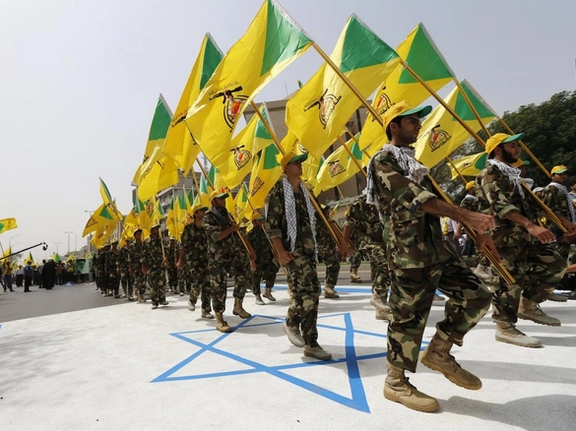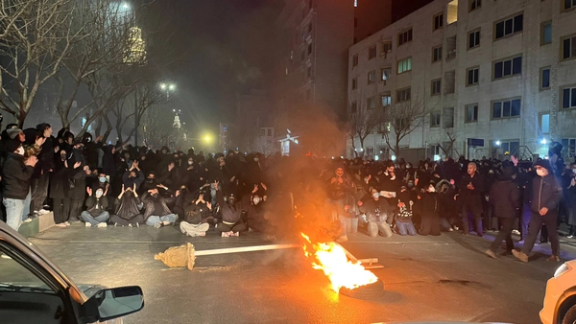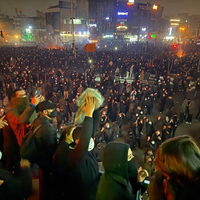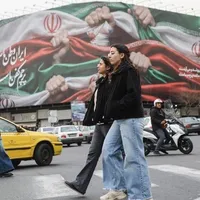In an interview with Swiss daily Le Temps, Rafael Grossi said Iran’s stockpile includes roughly 400 kilograms of uranium enriched to 60 percent, just short of weapons-grade.
“If it went further, Iran would have enough material for roughly ten nuclear bombs,” he added. “But we have no evidence that Tehran intends to build one.”
US President Donald Trump and Israeli Prime Minister Benjamin Netanyahu asserted that Tehran had resolved to race toward building nuclear weapons after they launched attacks on nuclear sites in a 12-day war in June.
The characterization appeared to contradict prior public US intelligence assessments. Iran denies seeking nuclear weapons.
Asked how badly the Israeli and American strikes damaged Iran’s nuclear program in June, Grossi said the damage to key sites in Isfahan, Natanz and Fordow was "severe."
Fear of renewed conflict
Tehran and the IAEA have yet to agree on how to resume the UN body's inspection of nuclear sites bombed by the United States and Israel.
“For now, Tehran is only allowing inspectors in dribs and drabs. It’s imposing limits out of security concerns – which I understand. But if diplomacy fails, I fear a renewed resort to force,” International Atomic Energy Agency (IAEA) director general, Rafael Grossi said.
The conflict paused their activities and while an agreement was reached in September on a framework for restored cooperation, little progress has been made since.
Iran denies seeking nuclear weapons and has accused Western countries of instrumentalizing a technical dispute with the IAEA to deploy onerous sanctions.
Grossi, a veteran UN technocrat, is widely seen as interested in becoming the global body's next secretary-general.
He added that while US President Donald Trump speaks of “obliteration,” Iran’s technical know-how has not vanished.
Urging diplomacy
Grossi said inspections must resume to be certain, adding that the agency believes most of the highly enriched uranium remains at Isfahan, Natanz, and Fordow.
He said he is confident in the agency’s assessment because inspectors visited those facilities shortly before the Israeli strikes and have since monitored them through satellite imagery.
“Countries tracking Iran’s program have reached the same conclusions as we have,” he said.
Grossi added that despite the escalation of regional tensions, Iran’s decision to remain within the international framework shows it still seeks a diplomatic route.
“After the twelve-day war, Iran could have cut ties with the international community, withdrawn from the Non-Proliferation Treaty, and become a pariah state like North Korea. It didn’t,” he said.
He commended that decision and said he continues to maintain diplomatic contact with foreign minister Abbas Araghchi.
“I’m maintaining diplomatic space by keeping regular contact with foreign minister Abbas Araghchi,” Grossi said.
Grossi's remarks come as Iran's foreign ministry spokesman Esmail Baghaei said that Iran must rely on both its missile capabilities and diplomacy to safeguard national interests.
